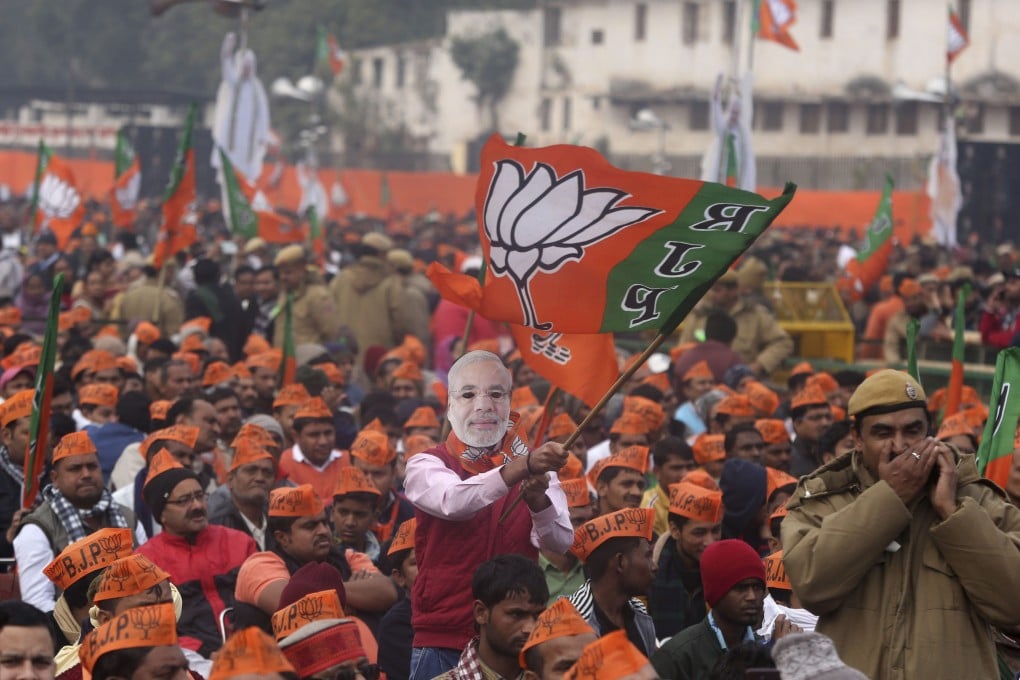UK mob violence exposes deep, disturbing reach of India’s Hindutva agenda in diaspora
- Clashes in Leicester and elsewhere highlight deep divisions caused by Hindutva groups, who use hardline nationalism to help diaspora ‘hold on to their roots’
- Displays of Hindutva nationalism are likely to be more frequent, violent as such groups extend reach in diaspora communities, analysts note

A string of controversial events involving Indian communities around the world, from violence to sectarian politics, have recently thrown into sharp relief the existence of strong and active global networks of Hindu nationalists.
Over the last two months, clashes broke out repeatedly between members of the Hindu and the Muslim communities in the British city of Leicester, over reasons from a cricket match to rumours and distrust triggered by social media disinformation.
According to local reports, fans packed the city’s streets after the Indian team lost a cricket match to arch-rivals Pakistan in August, chanting slogans such as Pakistan Murdabad (Death to Pakistan) to Jai Shri Ram (Hail, Lord Ram).
Violence continued to erupt in September. Leicester police arrested at least 55 people in September for offences including common assault, violent disorder and possession of offensive weapons.
Leicester Member of Parliament Claudia Webbe, in a letter to local police, said residents told her the violence had been driven, in part, by “underlying Islamophobia in parts of Leicester’s communities, rather than an isolated incident”.